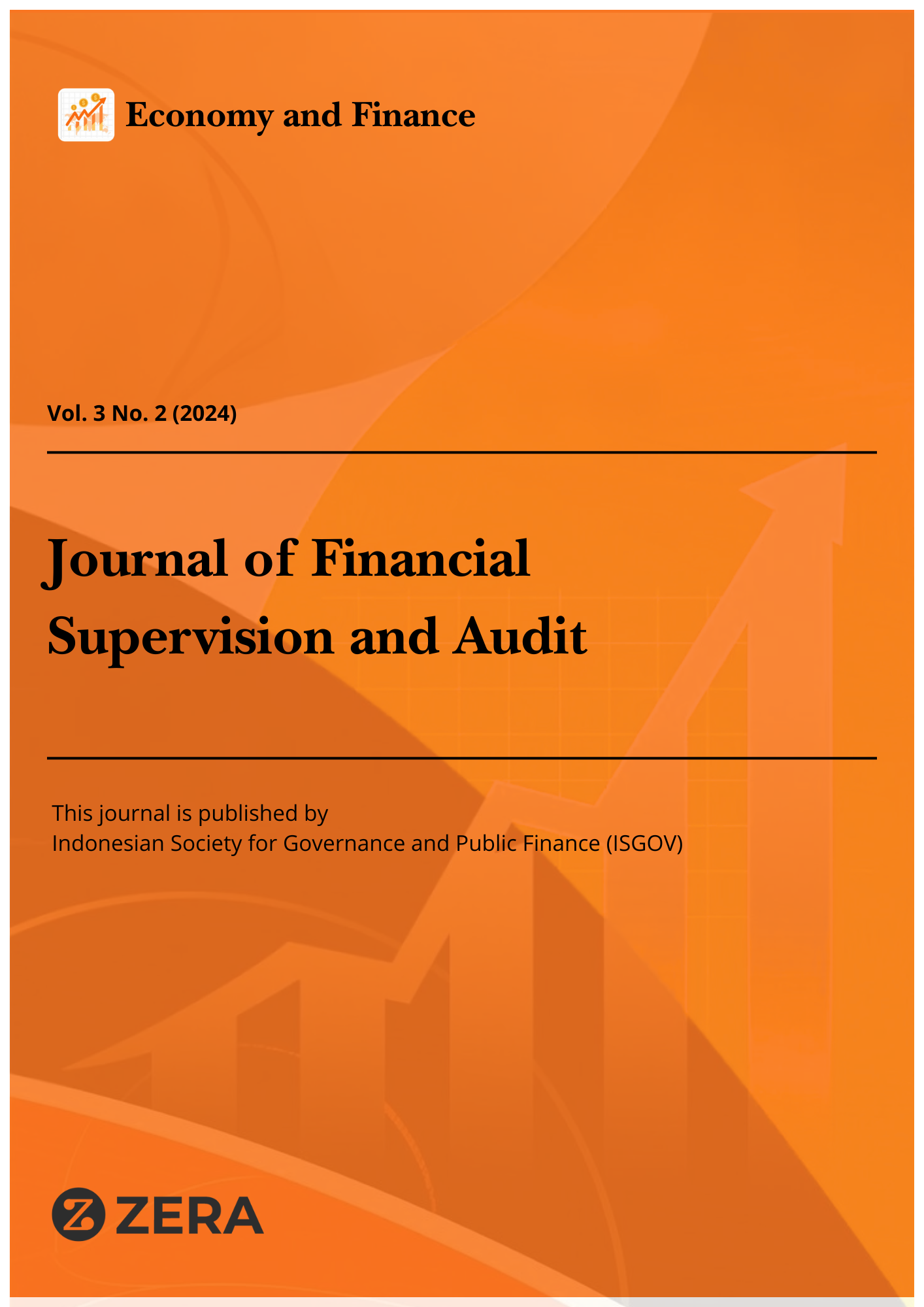Keywords:
Budget Transparency, E-Budgeting, Financial Efficiency, Governance, Regional FinanceAbstract
The implementation of e-budgeting in regional financial management represents a strategic innovation to promote transparency, efficiency, and accountability in local governance. Manual budgeting systems have often been vulnerable to errors, inefficiencies, and misuse of public funds, underscoring the need for digital transformation. This study aims to analyze how e-budgeting contributes to improving transparency and efficiency in regional financial management, focusing on its role in strengthening public accountability and optimizing budget utilization. Employing a qualitative approach with a literature review method, the study synthesizes findings from academic works, government regulations, institutional reports, and credible publications. The analysis reveals that e-budgeting enhances transparency by expanding public access to budget information and accountability, as demonstrated in cities such as Surabaya and Surakarta. In terms of efficiency, it accelerates budget preparation, reduces administrative costs, and improves inter-agency coordination. However, challenges remain in digital infrastructure, human resource capacity, and public literacy. Strengthening leadership commitment, technical readiness, and outreach is crucial for maximizing e-budgeting’s role in supporting good governance.


